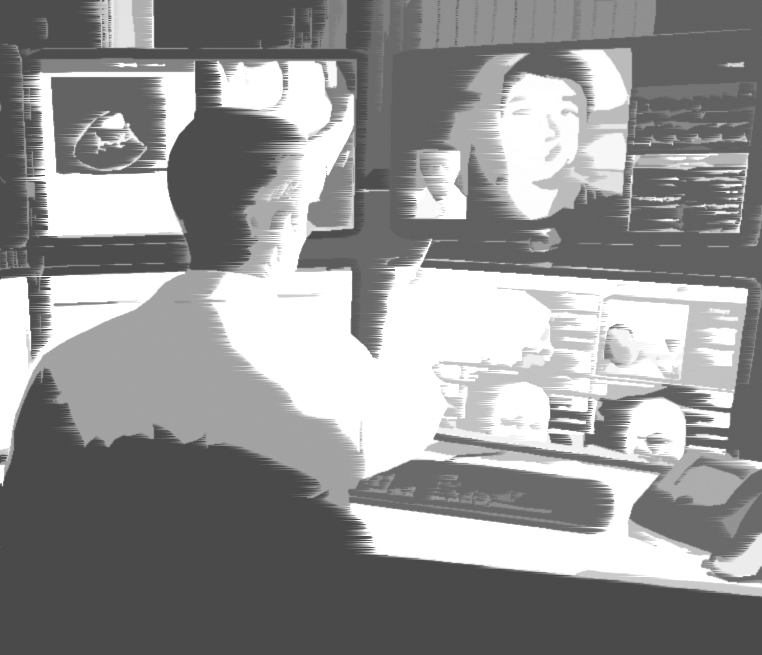
by medicaltechont | Oct 13, 2018 | Apple, Apple Watch, FitBit, Healthcare, Smart Watch, Technology
The watch has evolved from the simple iconic Dick Tracy two-way radio. With the release of the latest Apple Watch Series 4 we now have a watch, or smart-device, with a built-in electrocardiogram. Along with it’s FitBit type features the technology can only evolve.
“We estimate that there are almost 700,000 undiagnosed cases of AFib in the United States, and most of them would benefit from treatment such as anticoagulation to prevent stroke,” says Dr. Mintu Turakhia, executive director of Stanford University’s Center for Digital Health.
The possibilities for better healthcare monitor can only grow and it will be interesting to see where the technology takes us.
Read more about the growth of the Smart Watch (Apple Watch Series 4).
https://www.cnet.com/news/apple-watch-series-4-ekg-heart-rate-monitor-next-level/

by medicaltechont | Jun 16, 2018 | Technology
DeepMind’s foray into digital health services continues to raise concerns. The latest worries are voiced by a panel of external reviewers appointed by the Google-owned AI company to report on its operations after its initial data-sharing arrangements with the U.K.’s National Health Service (NHS) ran into a major public controversy in 2016.
The DeepMind Health Independent Reviewers’ 2018 report flags a series of risks and concerns, as they see it, including the potential for DeepMind Health to be able to “exert excessive monopoly power” as a result of the data access and streaming infrastructure that’s bundled with provision of the Streams app — and which, contractually, positions DeepMind as the access-controlling intermediary between the structured health data and any other third parties that might, in the future, want to offer their own digital assistance solutions to the Trust.
https://techcrunch.com/2018/06/15/uk-report-warns-deepmind-health-could-gain-excessive-monopoly-power/

by medicaltechont | Jun 9, 2018 | Cloud, Privacy, Security
The economic damage of a successful major cyber-attack against a large cloud services provider could be similar in scale to the financial impact of a destructive hurricane.
The destructive tropical cyclone hurricane Katrina hit the US in 2005, causing $108bn in damage — but that could be exceeded by the cost of a major cyber-attack, according to one expert.
Read more at https://www.zdnet.com/article/cloud-computing-why-a-major-cyber-attack-could-be-as-costly-as-a-hurricane/

by medicaltechont | Jun 2, 2018 | e-Health, eHealth, Ontario, Ontario MD, OntarioMD, Technology
A new partnership will benefit clients of the new Good Doctors Medical walk-in clinic that opened in Espanola last week.
OntarioMD and the Ontario Telemedicine Network (OTN) are partnering to streamline the delivery of digital health services.
Read more at https://www.myespanolanow.com/16851/ontariomd-and-ontario-telemedicine-network-digital-delivery/

by medicaltechont | Mar 25, 2018 | Doctors, Technology
Imagine not having access to a doctor, and the only way you can receive care is if you travel hundreds of kilometres. A Saskatchewan program is harnessing the power of medical robotics to bring care to remote communities.
There is a robot revolution in health care. Everything from surgery, to preparing chemotherapy and how care is delivered to patients is being transformed by medical robotics.
In Saskatchewan, that means medicine is beamed into remote communities with the assistance of robots.
Read more at https://globalnews.ca/news/4102687/cant-access-a-doctor-a-robot-will-see-you-now/





